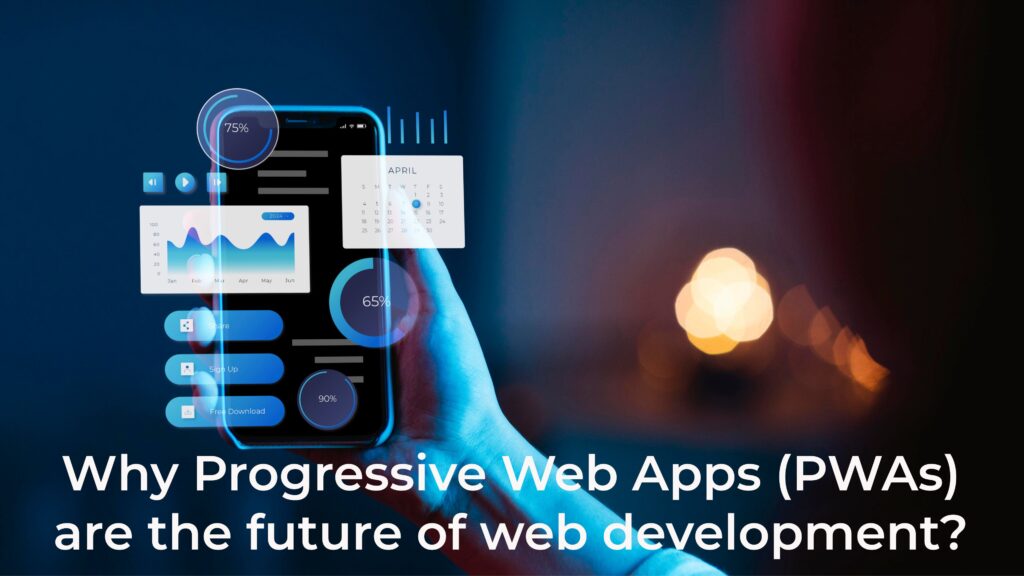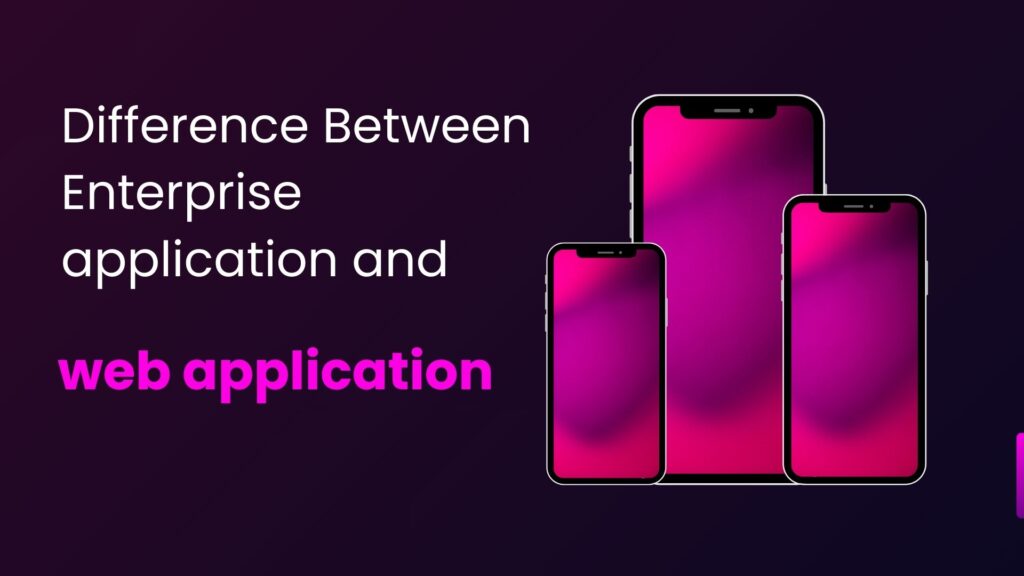In the recent past, Progressive Web Apps affectionately known as PWAs have been embraced as a new paradigm in website development. Considering all the benefits of websites and mobile applications, PWAs provide the optimal, stable, and interesting experience. They take full advantage of the HTTP technologies to bring app-like experiences directly through hosts such as Web browsers, free from app stores. PWAs are usually real-time, always-on, and efficient interfaces that can also offer offline capabilities and local notifications and that use very little data. Thus, by providing these benefits, PWAs can become the next revolution in the interaction between users with digital content and developers in creating web applications.
Why Progressive Web Apps (PWAs) are the Future of Web Development

What are Progressive Web Apps?
A progressive web app refers to a new method of creating application like web interfaces that enhance the user interface on the browser. It is expected that they can be used for all types of platforms, including PCs, mobiles, and tablets using modern browsers. PWAs are developed using HTML, CSS, and JavaScript and are accessible across various platforms thus being easily accessible to the users.
This way, the installation of an application is one of the most noticeable factors that differentiate PWAs from the typical web pages. When a user goes to a PWA website, they have the choice to “install” the website onto the home screen or desktop of a mobile device like one of the native apps. This means that access to the PWA can be requested or invoked without necessarily requiring one to go back to the browser.
Why are PWAs the future of Web development?
There are several reasons why PWAs are becoming the future of web development:
Offline Functionality:
Offline functionality One of the biggest benefits of PWAs is the offline capabilities. This means that users can download the app and also have its contents stored on their devices without a steady internet connection. This makes them more convenient for the user because they do not have to spend a lot of time browsing the Internet looking for the information they need, and this is especially important if there is a weak network connection in the area.
Fast Loading Speeds:
PWAs have become popular for their supremely fast loading times. This is because they employ some of the aspects of web technologies like the service workers and caching to execute some tasks from the device’s hard drive as well as to cache the data that they require constantly on the device. In this way, the users themselves can see a more united and fluid web experience and not experience the problems of slow loadings.
App-Like Experience:
PWAs offer a native-like experience utilizing the app while eliminating the heavy downloads and installations. They are intended to be flexible, that is, to adjust to the new screen size, making the interface as comprehensive across the devices as possible. This makes them more appealing to individuals who enjoy using mobile apps and applications, yet, they do not wish to install an application since it consumes space on the phone.
Cost-effective:
PWAs do not have more development than native apps because PWAs are designed to run on all platforms, unlike native apps that need to be developed for each platform e. g. , IOS and Android. This tends to be more costly and time-consuming for businesses therefore, eliminating this makes development a more affordable process.
Improved SEO:
Unlike native apps, PWAs are readily available in terms of search engine listing, which increases their discoverability and search ranking. This can to an extent contribute to the increasing use of the app and people’s interaction with it.
Reduced Data Usage:
PWAs do not consume much data, usually very useful when the user has limited data bundles or where data is costly in the region. The use of caching resources locally as well as the progressive loading of content greatly helps minimize the bandwidth being used while at the same time ensuring the consumers are offered a great rich and engaging experience while they are using the PWA.
Enhanced Security:
PWAs are deployed over HTTPS to make sure any data that is to be exchanged between the user and the server is always encrypted and safer to transmit. This greatly minimizes the probability of hacking and prevents only authorized persons from accessing the app data, which brings comfort to the users of the application.
Conclusion
Based on the information presented above, it is evident that PWAs are beneficial and have the potential to bring drastic changes in the use of web applications. Because of the features of working offline, the fast loading of the web, the app feature, the cost advantage, and the better SEO, people are now starting to call it the future of website development. With technology only set to get even better, and with users becoming even more demanding, there can be no doubt that lively Progressively Updated Web Apps will have a prestigious role in the future of the web. Thus, it is crucial for the business and the developers to be aware of this new technology to adapt when it comes into the market since the market is always changing.




